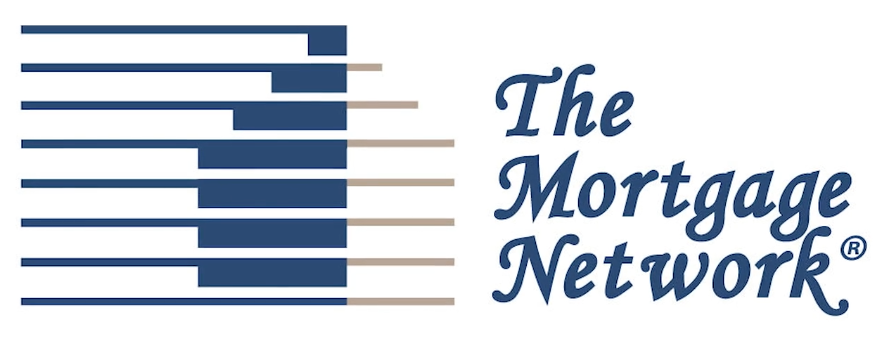In the latest mortgage lending response to COVID-19
Fannie Mae and Freddie Mac have issued temporary lender guidelines for self-employed borrowers seeking a mortgage loan. What are these new guidelines, and how might they impact potential purchasers (or refinancers) who are self-employed?
Fannie Mae, (FNMA) Freddie Mac (FHLMC) and Ginnie Mae (GNMA) are the three quasi-government agencies directly responsible for creating over 80% of the mortgage loans made each year in the United States. FNMA and FHLMC have issued several new guidelines since the beginning of the pandemic. One of the largest changes within those guidelines applies to self-employed borrowers, who now must provide additional documentation beyond the standard two years of individual and business tax returns. Specifically, self-employed borrowers must include a year to date profit and loss report documenting business revenue, expenses, and net income. While an audited profit and loss report is ideal, many small business owners may not be able to easily or immediately obtain such a report.
For this reason, borrowers also have the option to submit an unaudited, signed copy of a profit and loss report along with 12 most recent months of business bank statements. If the borrower does not have a separate business account for their company this is not an issue, so long as they are able to provide personal bank statements that evidence business deposits and expenses. The lender will compare the bank statement information to the profit and loss sheet and may potentially ask for additional information if there appear to be discrepancies between the two. If the lender is still unable to reconcile any inconsistencies, the borrower’s self-employed income will not be permitted to be factored in.
So, what are lenders looking for with all of this additional documentation? Federal law requires that a lender ensure that a would-be borrower has the “ability to repay” the loan they are seeking based off of their income and assets. While self-employed borrower income is generally more difficult to predict than that of a salaried employee, COVID has taken this unpredictability to a new level. With various stay-at-home orders and quarantine efforts having impacted a record number of businesses, it has become extremely challenging for lenders to predict how these restrictions might impact a borrower’s ability to repay. If it is determined that there has been a significant drop in net income for the business this year, lenders have been directed to use the borrower’s “currently stable level of income” for qualifying purposes.
Although Fannie Mae and Freddie Mac have referred to these new guidelines as temporary, they have not given any indication of a time frame. However, if you are self-employed and considering obtaining a mortgage, you should not let these new restrictions discourage you from speaking with a lender. Being aware of the new documentation requirements will help you go into the transaction as prepared as possible. If you have questions about obtaining an audited profit and loss report, or what that might look like for your company, it is always recommended that you speak with a trusted tax advisor.





